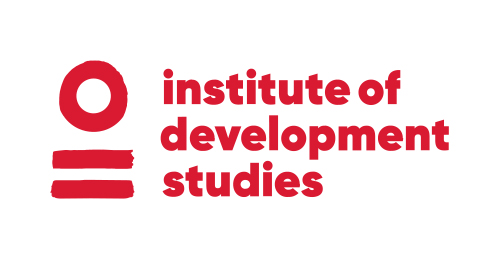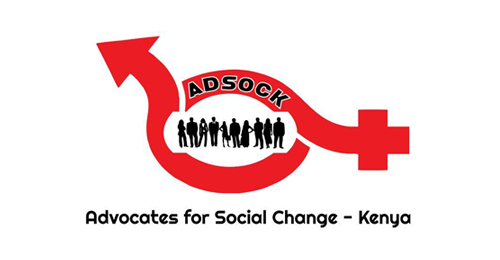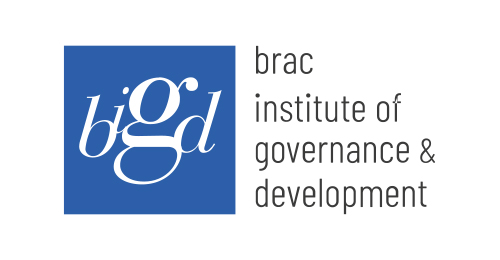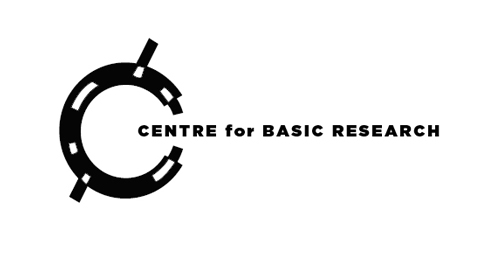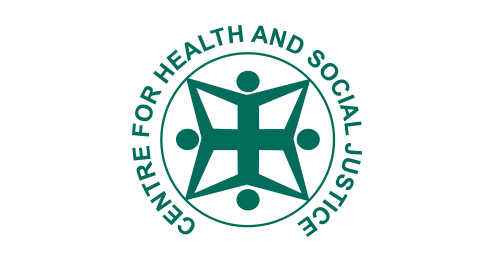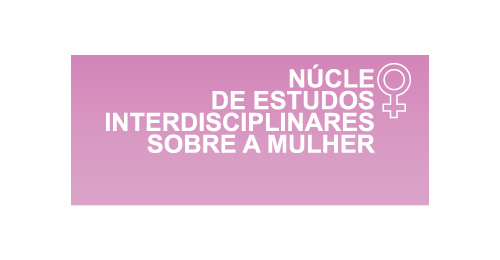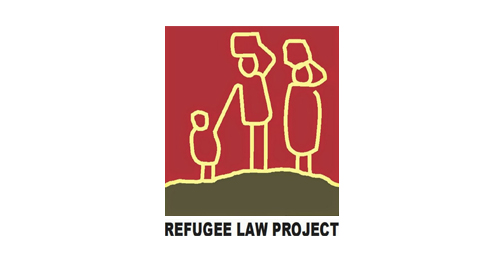Major political and social shifts are resulting in new forces and alliances that are visibly pushing back, stifling the possibilities of equal women’s rights and gender justice.
Gender justice
is under attack.
How can we counter
backlash together?
What is needed for women’s rights organisations and gender justice defenders to counter backlash and the subtle erosion of gender transformative discourse, policy, and practice?

India.Kenya.Lebanon.
Turkey.Uganda.
Serbia.Turkey.

What's Happening?
Gender justice is increasingly contested the world over. Yet, equity across the genders is a critical foundation of human rights and sustainable development.
Backlash wages against the possibilities of transformative gender justice. To counter it, we must understand its diverse manifestations - from the subtle to the spectacular, the hidden to the explicit.
Solidarity, collaboration, and co-creation are the greatest tools in the box to mutually resist and counter coordinated and global attacks on gender and social justice.
Rediscovering Empathy: Building Solidarity in Difficult Times in Uttar Pradesh, India
Humqadam is the story of quiet resistance. In the villages of Uttar Pradesh, where social polarisation was tearing communities apart, a group of veteran activists found themselves facing fear, not just around them, but within. This case study, as part of the Countering Backlash programme, follows their journey as they chose to respond, not with retreat, but with hope: rebuilding trust, reframing masculinity, and drawing strength from forgotten traditions of coexistence. […]
Podcast mini-series: Gender Justice – episode 1
Countering Backlash in association with CREA is working with ‘The Stop, Collaborate and Listen Agency‘, and their podcast ‘Connecting Citizens to Science’, to explore the intersecting challenges of rising patriarchal backlash, silencing of marginalised voices and resistance in the Global […]
Event: Understanding Discourse Capture in Anti-Gender Politics
Countering Backlash researcher Tessa Lewin is speaking at Stellenbosch University about the concept of ‘discourse capture’ as a analytical tool to help us understand the nature of contemporary anti-feminist and anti-queer politics. This is a concept that grew from an […]


